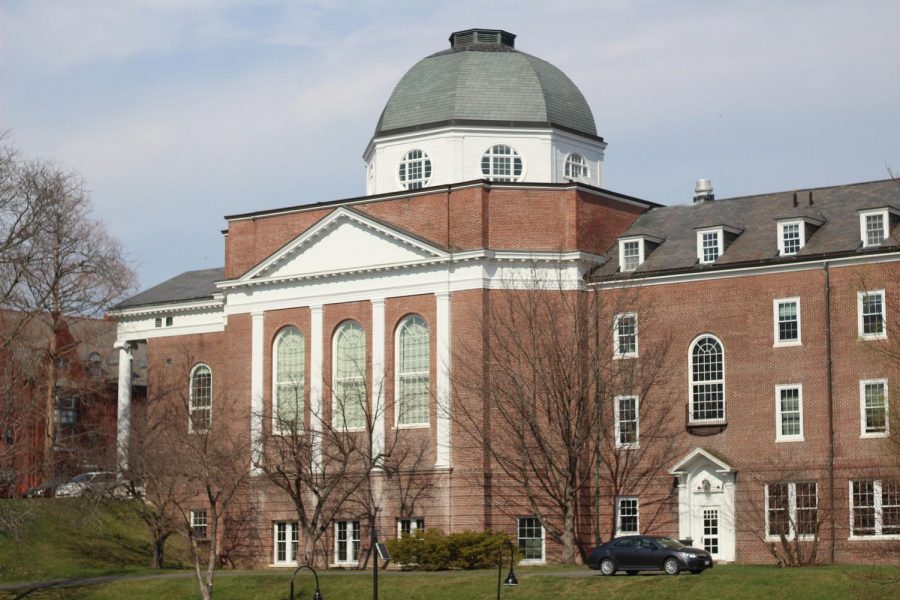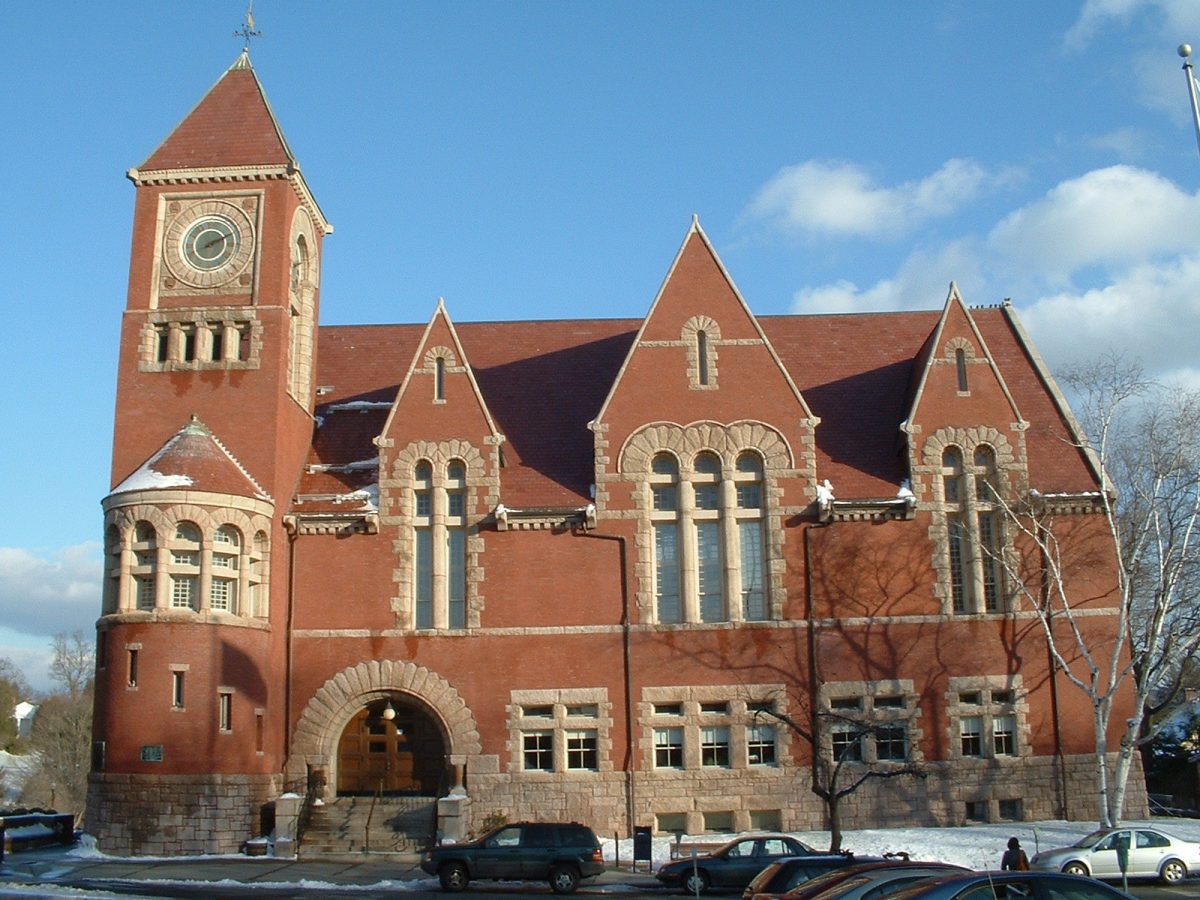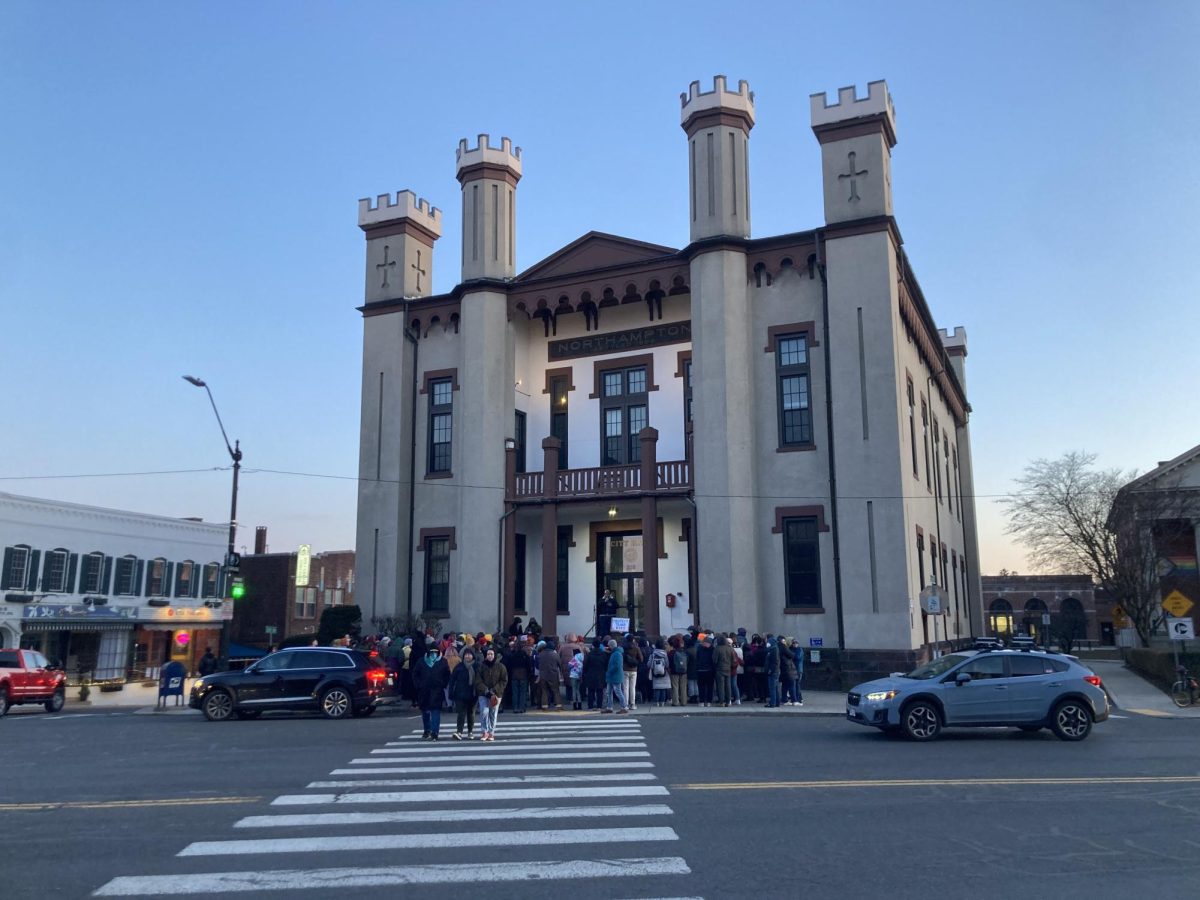Journalism, often referred to as the unofficial fourth branch of government, has taken on a more narrative role in the Middle East, according to acclaimed journalist Zahera Harb.
Gathering from her experience in the field, Harb, a senior lecturer in international journalism at the City University of London and a former news correspondent who provided coverage of war in South Lebanon, informed an audience at Smith College on Monday just how much impact the media can have in times of conflict.
Basing her thesis around the recent civil war in Egypt, Harb juxtaposed the two major broadcast networks available in two Middle Eastern countries — Al Jazeera in Qatar, and Al Arabiya in Dubai — as a warning as to what a nation with a limited and biased media can become.
From minute details like diction choice to neglecting to report on a nationwide protest, Harb cited countless journalistic errors being broadcast from both Al Jazeera and Al Arabiya simultaneously.
Harb said that during the Egyptian civil war, “Al Jazeera was overestimating the amount of Egyptian militant forces and protesters…[while] Al Arabiya wasn’t reporting it at all.”
“News priorities are set along the lines of political loyalties by both Al Jazeera and Al Arabiya,” she added.
Upon the emergence of cable news in Arab nations, however, many Middle Eastern citizens were hopeful for a more democratic and honest government, Harb noted.
“The Arab world witnessed the proliferation of satellite channels during the early 90s…the two stations were at the heart of this new optimism,” Harb said. “A battle for viewership along the lines of political affiliations emerged.”
The issue is not only the availability of media in general, but also the extraordinarily low media literacy rates in nations where Al Jazeera and Al Arabiya are being broadcast.
Cynthia Suopis, retired communications professor at the University of Massachusetts, asked Harb, “Are there any media outlets in the region that provide a more balanced perspective?”
“Newspapers, yes,” Harb responded. “You can find independent newspapers that express different sides of the story, but the type of discourses that the media is bringing is only about 40 percent literacy—84 percent depend on television as a news source, and it shapes the way people see events.”
In search of an explanation aside from the pure power trip of competing news outlets, Harb associates some of the blame for social conflicts in Arab nations with the use of “hate speech.”
“The definition of hate speech remains unclear and more or less country-specific,” Harb said.
After assessing various controversial videos broadcast by Al Jazeera and Al Arabiya with a “Five-point Test For Hate Speech,” published by the Ethical Journalism Network, Harb concluded that a “clear pattern of hate speech is the norm.”
Andrea Hanley can be reached at [email protected].



















